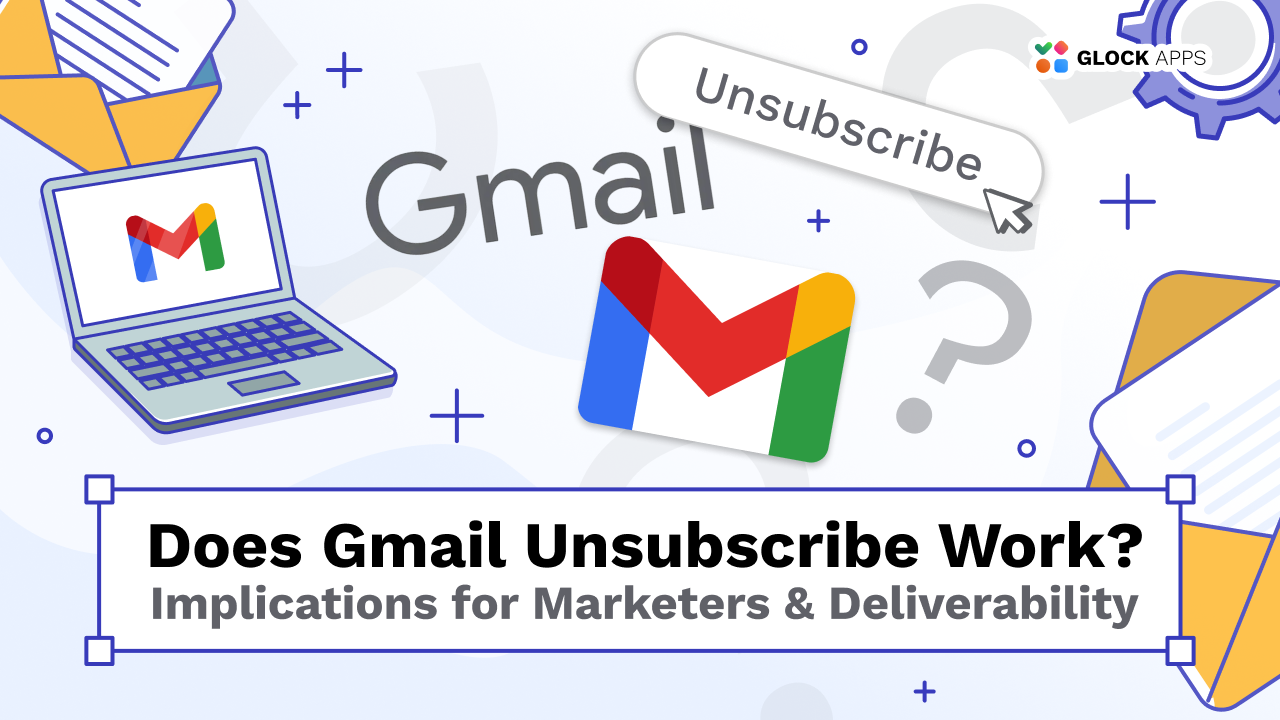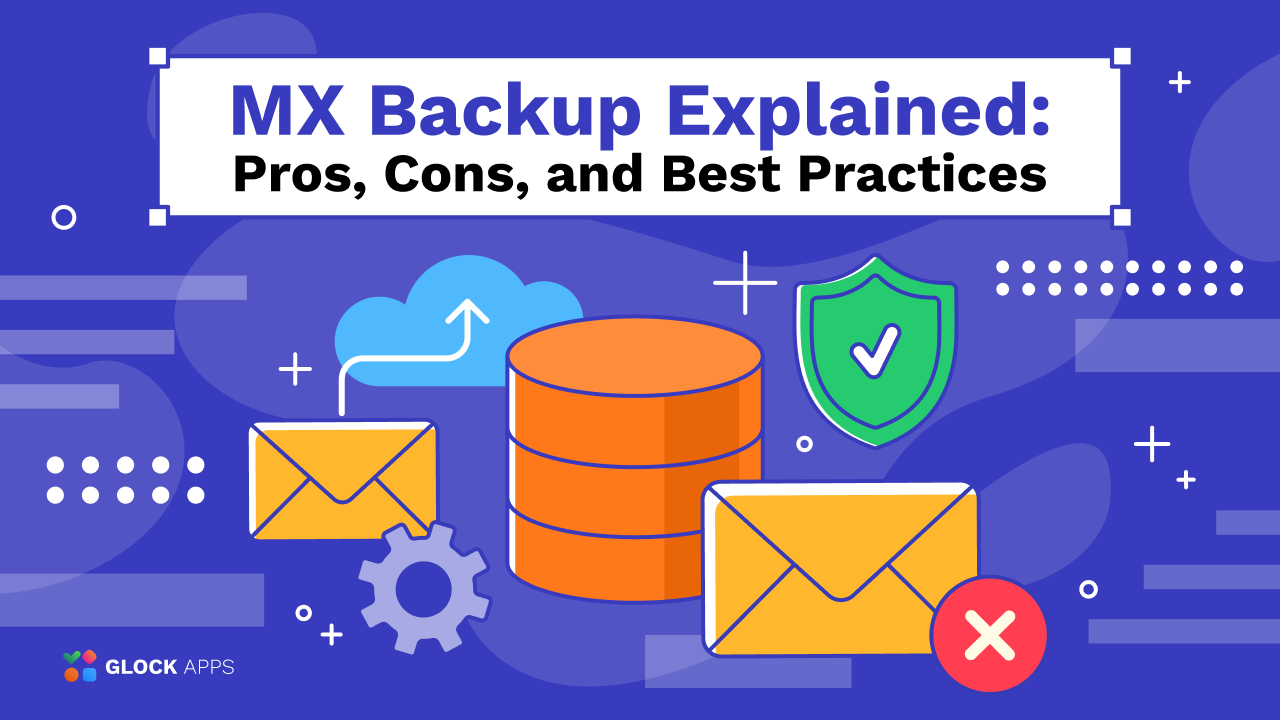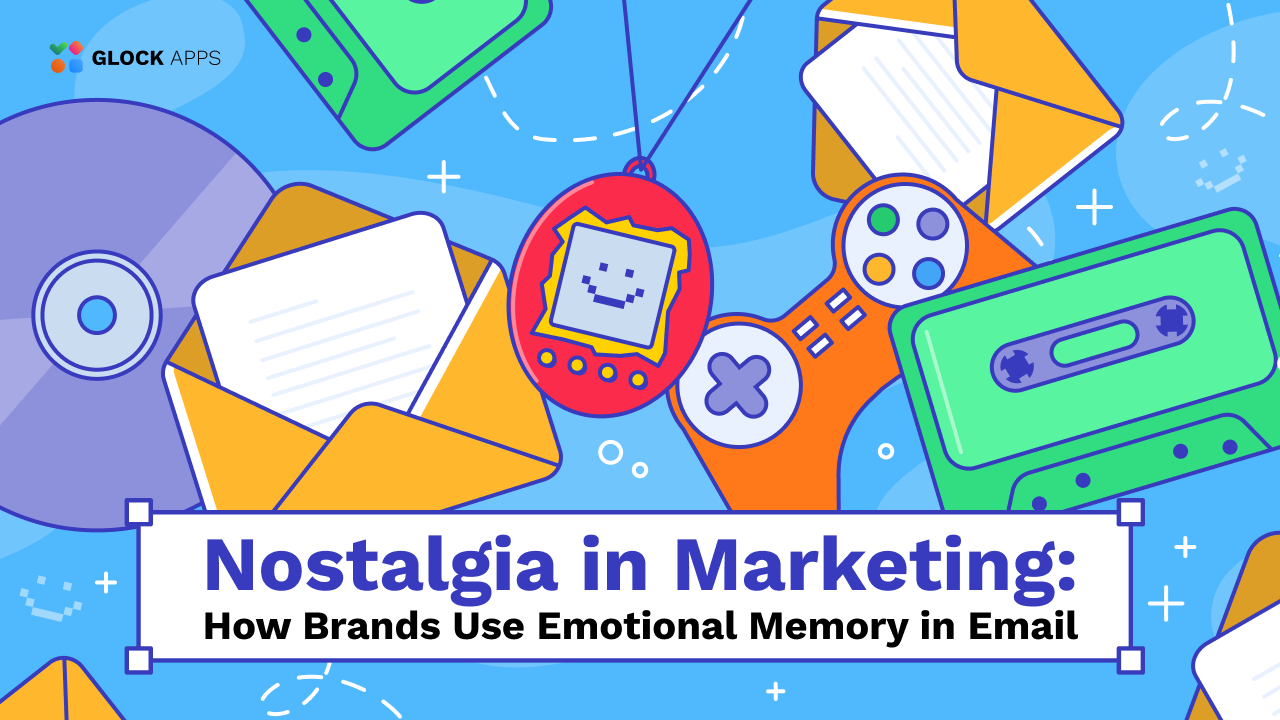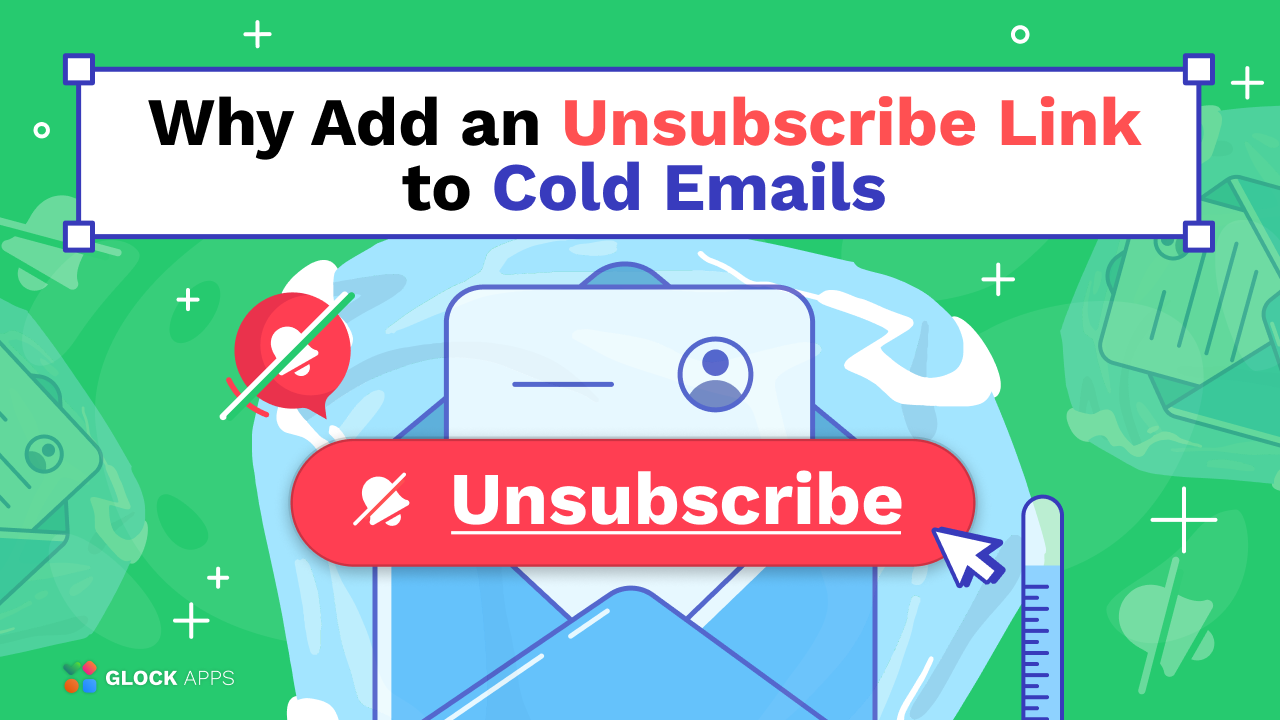How to be an Email Marketer

Table of Contents
The best email marketers know how to adapt, learn new skills, and solve complex problems by leveraging the right software. Despite recent events that impacted in-person business, digital marketing was able to prove its effectiveness by helping many companies stay afloat.
Numerous companies suffered economic loss during the pandemic and were forced to lay off a substantial amount of employees. In order to stand out or secure their jobs, many people had to learn new skills and began lucrative careers as email marketers!
But how do you become an email marketing specialist?
This blog post will show you exactly how to be an email marketer without having to get a business bachelor’s degree. It will cover:
- job responsibilities
- salary
- job searching
- best practices
What is Email Marketing?
Email marketing is the process of sending messages via email with the intention of doing business with the recipient. Email marketing can be used to promote sales, discounts, and new product releases. It is also a way to stay in touch with customers, build relationships with them, and improve their buying journey.
Email marketing is an important part of any digital marketing strategy. It allows businesses to reach a large target audience at scale. Unlike social media marketing that restricts your content with algorithms, when you send an email campaign, your message should* be delivered straight to your recipients’ inboxes.
With a return on investment of $36 for every $1 invested, email marketing is a dominant source of income for any business.
*As long as you monitor and maintain a high deliverability rate.
What Does an Email Marketer Do?
An email marketer has many more tasks than just writing subject lines and hitting send. Job responsibilities can differ based on the size of your team and the type of emails that you send.
If you are interested in expanding your resume with email marketing, we’ve put together a list of important skills to consider when starting your email marketing career.
Email Marketing Manager Salary
The typical digital marketer earns between $40K and $100K, depending on the level of skills and location. Some email marketers can even earn up to $130K!
Aside from salary positions, there are other ways of earning extra revenue as an email marketer. Email marketing specialists can work as freelancers. This gives you the flexibility and freedom to set your own hours and your own price for your work. You will also be able to work with any client without restriction.
Additionally, once you’ve developed your email marketing skills, you can add consulting as one of your services.
How to Find Email Marketer Jobs
There is an abundance of email marketing jobs on the market. The job outlook in the email industry is projected to increase by 10% from 2021 to 2031.
Because email marketing is so versatile, both B2B and B2C businesses can benefit from adding email to their marketing channels. Ecommerce businesses are especially thrilled to develop an email marketing strategy for their funnels.
You can start developing your email marketing skills with freelance jobs. Be sure to collect reviews in order to measure your impact and gauge your skill level. Some freelance clients may even offer you a part-time or full-time role once your contract has ended.
Once you’ve gained a solid foundation, begin searching for jobs on websites such as LinkedIn, Indeed, Clarity, Upwork, etc. A smart job assistant can simplify this process by helping you identify and apply to roles that match your skills, saving you time while targeting positions with attractive compensation and benefits.
When applying to email marketer jobs online, research the company you are applying to before you submit your application. Use sites such as Glassdoor, Indeed, and TeamBlind to find anonymous reviews from past or current employees.
This is an important step as this will define whether the company really cares about its employees through competitive salaries, positive management, realistic work-life balance, and healthy company culture. Many companies have yet to adapt to the social reform geared towards the importance of employee mental health to increase productivity and business growth.
7 Must-Have Email Marketing Skills
A skilled email marketing manager will do more than just send emails. They’re able to automate, analyze, and edit email campaigns to ensure they’re being delivered to the correct place. This requires extensive skills and the help of useful tools.
Typical Email Marketing Job Description:
Email Authentication & Security
Every email marketing specialist should focus on email security and protecting their company from cyber attacks.
In order to become a great email marketer, you have to set up email authentication protocols such as SPF, DKIM, DMARC, and BIMI. Although this requires some technical skill, you can leverage tools such as GlockApps to make it easier to set up these authentication records, analyze performance data, and monitor key metrics about your email deliverability.
Email authentication protocols like BIMI not only increase your email security but also serves the dual purpose of increasing brand awareness in the inbox.
Additionally, your email deliverability can increase after implementing email authentication as ESPs (Email Service Providers) will see you as a legitimate, responsible sender.
Strategic Thinking
Email marketers carry the responsibility of a whole new source of revenue for their company. It is extremely important for an email marketing specialist to strategically think of ways their email marketing strategy can promote the growth of their company.
Email marketers also need to know how to optimize email campaigns in order to increase opens, clicks, and conversions. If your email marketing campaigns aren’t performing well, it’s imperative that you know how to diagnose and troubleshoot problems before resuming your email program. Strategic thinking along with plenty of A/ B testing will allow you to find a way to avoid the spam folder and improve campaign performance.
Automated Lead Nurturing & Event-Triggered Emails
Email automation is a big part of successful email marketing. Email marketing automation gives marketers the freedom to make an impact at scale without it being tied to their time.
An email marketer can use email automation software for lead nurturing. They can automate welcome emails and other emails educating new subscribers about their tool or service.
A marketing specialist can also automatically send potential customers a message at the “right” time based on actions the person has or has not performed. For example, if a subscriber has not engaged with your emails in a while, add them to a Sunset Flow to check in on them. Sending prospects relevant content when they need it creates a positive experience for the buyer’s journey and increases customer loyalty.
Automated emails can also be used for lead generation by sending new prospects a message through cold outreach. Email personalization that is relevant to the buyer’s journey and interests performs best.
Content Selection & Email Design
Developing a solid email strategy entails having control over what type of content you’ll be sending and how the message will look.
An email marketer has to be able to analyze their company’s target audience to dissect what content would interest them the most and entice them to open up their emails every few days.
You can start by A/B testing different types of content (Image-based, videos, short text-based, long text-based, hybrid) to see which email campaigns perform best and have the best deliverability.
If graphic design isn’t your strongest element, you may want to partner with a graphic design artist to design your emails. Some email design software even offers pre-made email templates to save you time designing. However, you should use these templates as a starting point and tweak them as you see fit.
When designing your templates you have to keep all of your audience in mind. There are millions of people who live with some sort of disability that could impair them from consuming your content properly.
Make sure that your email design is responsive on all devices (desktop vs mobile) and has one main call to action.
Learn More: Email Accessibility Best Practices
Copywriting
If you want to be an email marketer, you also have to have some copywriting skills or collaborate with your company’s copywriting team. This becomes especially important when applying for email marketing roles, where hiring managers expect to see campaign results, automation experience, and performance metrics clearly reflected on your resume.
Email marketing is all about clear and concise communication. You only have a few seconds to grasp your recipient’s attention with compelling subject lines. A/ B testing your attention-grabbing subject line helps you choose which message will stand out best in busy, crowded inboxes.
When writing the body of your email, try to keep it short with a single call to action. Although you can reference email marketing templates online, it is best to personalize your emails to reflect a personal human-to-human conversation.
Conversations lead to relationships and relationships lead to conversions.
List Management & Segmentation
A great email marketing professional is only as good as the email databases he or she uses. Poor list quality can drastically affect your email campaigns’ performance metrics.
Responsible email marketers use landing pages or popups with sign-up forms to collect email opt-ins. By filling out opt-in forms to subscribe to your email marketing campaigns, people are giving your permission to send them relevant marketing emails, promotional emails, etc. These people only gave you and your company permission to receive digital marketing emails, so they should not be sold as a lead. If another company emails them, it can cause confusion and can lead to spam reports.
Likewise, you should not purchase email lists for the same reason. Those people did not give you explicit permission to contact them. Purchased contact lists are not expecting your emails so they result in high spam complaint rates and lower email deliverability rates.
List segmentation is also important when developing an engaged email list. Engaged subscribers have a higher probability of converting as they are always excited to open your emails and consume your content.
When collecting opt-in emails, ask for other useful enrollment criteria (birthday, favorite software, dog’s name, etc) that you can use to segment these subscribers. Segmenting subscribers by their interests allows you to target them with the most relevant content. Segmenting subscribers will also increase your:
- Opens
- Clicks
- Conversion
- Deliverability Rates
Higher engagement leads to higher conversion.
Learn More: 9 Email List Management Best Practices
Analytics & Testing
Noone perfects their email marketing efforts on the first try. Email marketing professionals are constantly testing and analyzing performance metrics to find what works best for their marketing campaigns.
Email marketing analytics allow email marketers to use A/B testing to test different variables in an email (subject line, call-to-action, etc.) By measuring which emails have higher opens, clicks, or replies, they can replicate and use certain key elements for future campaigns.
Analytics not only tell you what’s doing well but also if something is going wrong. If there is a sudden drop in your email marketing campaign performance, there could be an underlying problem with your deliverability that needs addressing.
Always test your deliverability before sending an email campaign to ensure your message is going to reach your recipients.
Best Email Marketing Tools
Email marketing is an elaborate skill that requires the use of different types of email marketing software.
Email Sending Software
You can’t send a large number of emails without the proper email-sending software. Regular ESPs, like Gmail, will block your emails if they detect that you are a bulk sender who hasn’t built a sending reputation yet. They implemented this rule in order to minimize the number of spammers on the web.
Email-sending software is created specifically for marketing emails. In order to start sending emails immediately, most services use a shared IP so you can leverage the IP pool’s reputation instead of having to build your own. However, this can also impact your deliverability if other people using the shared IP are getting a ton of spam complaints. Therefore, if you send a high volume of emails that receive positive engagement, we recommend that you contact your sending service and request a dedicated IP.
Some email-sending providers like Active Campaign are even integrated with automation tools to build event-triggered flows.
Email Design Software
Email design can be complex without the right tools. Originally, email marketers were forced to create emails using HTML and CSS. This can be difficult for some people who don’t know how to write code. It also didn’t guarantee that the design would be device-responsive (mobile vs desktop.)
Fortunately, now we have tools like Stripo to help email marketers design their emails without code. It uses a drag-and-drop platform to give you the flexibility to design your emails exactly the way you want. They also offer pre-made templates to save you time.
Deliverability Testing Software
Deliverability is one of the most important aspects of a successful email marketing program. No matter how good an email is, it won’t perform well if it’s blocked by filters and sent to the spam folder.
To avoid spam filters, it’s crucial that you run an email deliverability test every time you are going to broadcast a campaign. Deliverability tests show you:
- If your email security is working properly
- Where your emails are delivered: Inbox, Spam, or Promotions
- If your sending IP address is blacklisted anywhere
- If your email content contains broken links, “spammy” words, or broken HTML
DMARC Analysis Software
Every email marketer should analyze DMARC reports after each campaign. Once you set up DMARC (Domain-Based Message Authentication, Reporting, and Conformance) for your domain, you will start receiving DMARC Reports for every email campaign you send. These reports are sent as XML files to the email address listed on your record.
DMARC reports tell you:
- If your emails fail authentication
- Your email traffic
- What sources are sending emails on behalf of your domain
- What action was taken when an email failed authentication (pass, quarantine, reject)
The problem is that DMARC reports are difficult to read in XML format and even harder to store and organize.
So tools like the GlockApps DMARC Analytics were created to assist email marketers in analyzing, organizing, and storing all of their DMARC reports. DMARC Analytics also instantly alerts you when anything suspicious occurs with your email marketing program or if your sending IPs get blacklisted.
Blacklist Monitoring Software
Blacklists are lists created by mailbox providers and third-party cybersecurity companies to protect inboxes from spam, spoofing, and phishing.
A blacklist adds a sender to its list if the sender has sent a high volume of emails and received a high volume of bounce or spam complaint rates. They flag emails coming from senders on their list so spam filters can block them completely or run them through additional filters.
Email health checkers like the GlockApps Uptime Monitor help email marketers ensure that their email system and websites are up and running.
Uptime Monitor helps you:
- Monitor Email Security (SPF, DKIM, DMARC)
- Know Instantly if your IP address is Blacklisted
- Monitor Website Security (HTTP/TLS/TCP)
- Create a Website Status Page for customer Transparency
Blacklist won’t notify you once you’re listed. Once you see a drop in your email metrics, you should run a deliverability test with Inbox Insight to identify the problem and solve it.
or
With Uptime Monitor, you can set alerts so that you are immediately notified if your email authentication fails or if you are blocklisted.
Email Validation Software
Despite your vast email marketing knowledge, your digital marketing campaign’s performance will be dependent on the quality of your email list. An email marketer with poor list hygiene should expect poor deliverability and even blacklisting.
Proactively cleaning your contact lists ensures that you’ll only be sending emails to valid email addresses. If an email is invalid, your message will bounce. Bounces tell ESPs that your lists aren’t up-to-date and can reduce your sending IP’s deliverability.
Clean your list with tools such as Emailable to ensure that you are not sending to Undeliverable, Risky, or Duplicate email addresses.
Email Warming Software
As a new email marketer, you may be excited to start sending your first campaign to as many people as possible. Unfortunately, this will land you straight in the spam folder and onto blocklists.
Email service providers created sending limits to protect their users from spammers. For example, every new Gmail account has a sending limit of 2,000 emails per day (1,500 for bulk sending, 500 for trial accounts).
Therefore, it’s crucial for email marketers to warm up their domains or sending IP addresses before they start broadcasting at high volumes. Warming up your domain/IP helps email marketers develop a positive sending reputation while mitigating the risk of harming the reputation.
Once an IP address is labeled as a spammer or blacklisted, it’s more difficult to recover its positive reputation so many email marketers choose to discard the IP address and start over from scratch.
We recommend that email marketers use an email warmup service such as Warmbox to develop a positive sending reputation and increase deliverability while reducing the chances of being blacklisted at an early stage.
Conclusion
Email marketing holds a large impact on the digital marketing space. Because it can produce up to 50.7% of a company’s total revenue, the email marketing space is here to stay and provide countless job opportunities.
As you’ve learned, a successful email marketing strategy consists of much more than just writing subject lines and pressing “Send.” Not only can you utilize email marketing software for customer relationship management but can also be used to generate leads.
Hope these email marketing tips helped you get a complete understanding of what an email marketing manager role typically looks like. Now that you learned how to be an email marketer, what’s your next move?
Additional Resources
What is SPF (Sender Policy Framework) and How to Set it Up
What is DKIM – DKIM Checker
What is DMARC: Using a DMARC Record to Protect Your Domain



